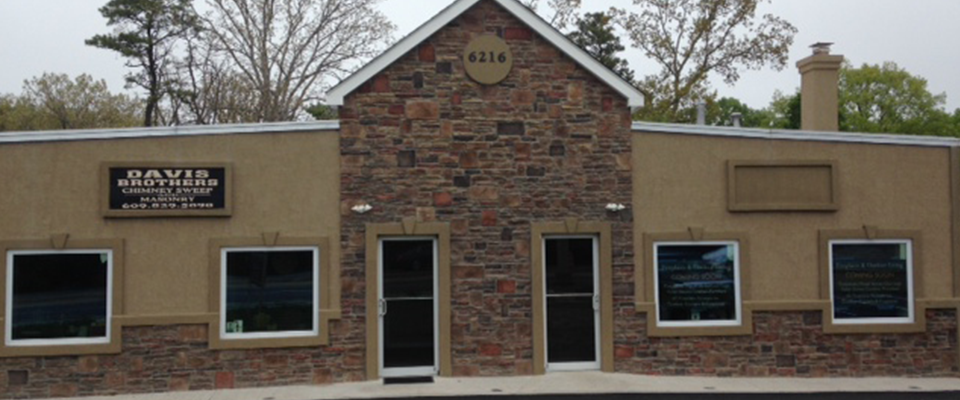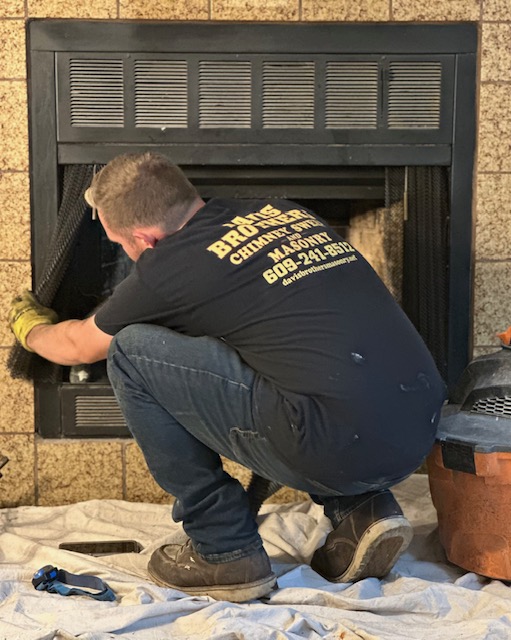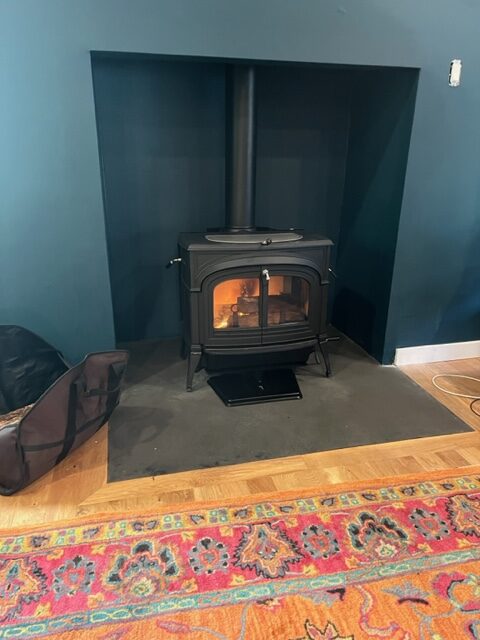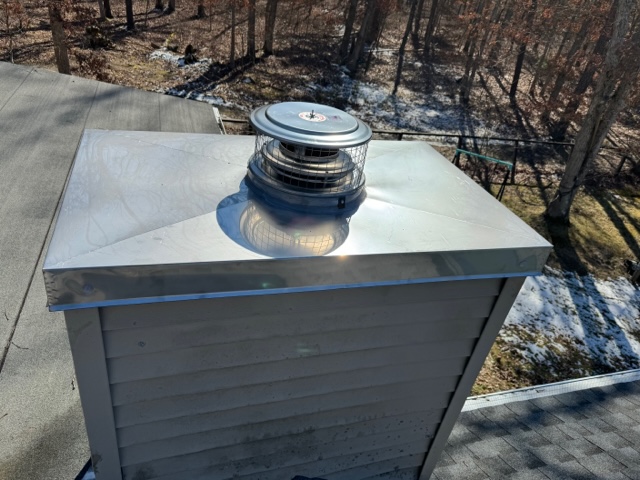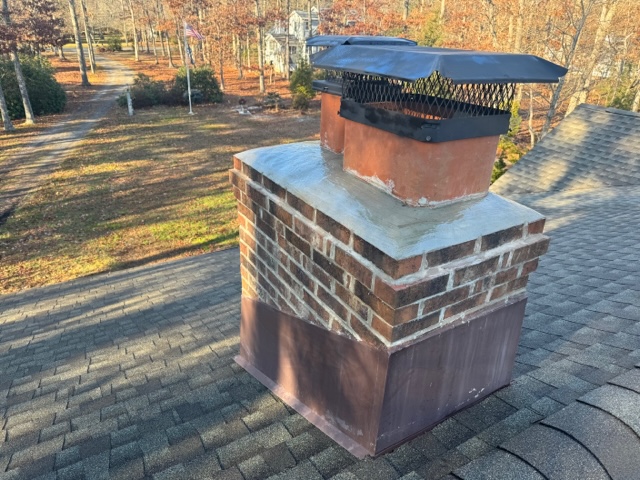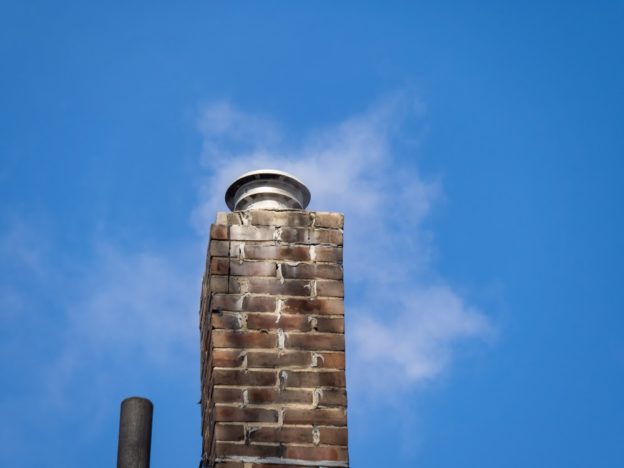If you have a chimney in your home, then you probably understand its importance. A chimney allows smoke and toxic gases from your fireplace, furnace, or stove to escape from your home safely. You may also know that Atlantic County chimney liners require regular maintenance to keep them working optimally and ensure that they last a long time. An intact chimney liner is an essential part of this maintenance process.
Chimney liners are most commonly made of clay tile, while other ones are made from aluminum or stainless steel and are used mostly to repair existing chimneys. Most local fire codes throughout the country mandate the use of chimney liners and have for much of the 20th century. There are a few important reasons to make sure your chimney liner stays in good shape.
Liners Protect Your Chimney
The by-products of combustion (also known as “flue gases”) are proven to be corrosive and can significantly damage the brickwork of your chimney, greatly reducing its lifespan over time. The gases produced in your flue are naturally acidic and will erode the brick and mortar. Mortar wearing down can allow toxic gases like carbon monoxide to leak into your living space.
Liners Prevent House Fires
The purpose of a chimney liner is to contain the products of combustion (namely, smoke and gas) and direct them outside. Without a liner, the chimney will become dangerously hot while in use, drastically increasing the risk of a house fire. According to tests done by the National Bureau of Standards, unlined chimneys absorbed so much heat so quickly that the wood adjacent to them heated up and caught fire in 3 ½ hours. A proper chimney lining prevents the absorption of heat and forces the smoke or gas to travel upward, away from your home.
Liners Maximize Efficiency
If your chimney is connected to a furnace or wood-burning stove, then your chimney liner serves two purposes: letting smoke and gas escape, and supplying combustion air to your stove. If your chimney is the wrong size, then you may experience a buildup of a tarry chemical compound called “creosote” in your stove.
If you have a chimney and are concerned about the condition of your liner, or have questions about how to sweep chimney liners in Cumberland County, reach out to the experts at Davis Brothers Chimney sweep as soon as possible for more information.


